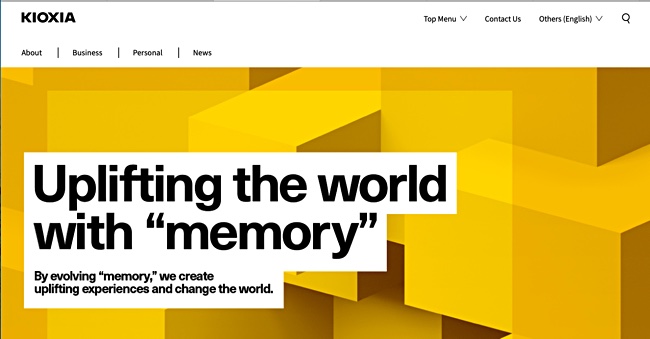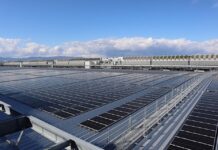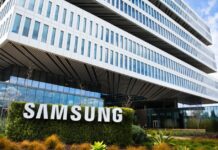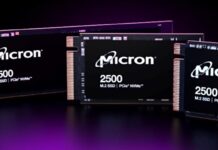Kioxia, the world’s second-largest NAND chip maker, has called off its planned $3.2bn IPO, citing “continued market volatility and ongoing concerns about a second wave of the pandemic”.
In other words, the US government has thrown a giant spanner into the works with its export ban on the use of US-owned technology in semiconductors sold to China. Investors are sitting on their hands until they can get a better picture of the impact on Kioxia revenues.
Kioxia originally planned the IPO for October 6. Kioxia was initially valued at $20bn but this was later downgraded to $16bn, according to reports. Presumably the pricing was revised in light of investor feedback.
Kioxia is the new name for Toshiba Memory Holdings, which was sold in 2018 to a Bain-led consortium, with Toshiba retaining 40 per cent. This was a forced sell-off, prompted by enormous losses at Toshiba’s US Westinghouse Electric subsidiary, which built nuclear power stations.








